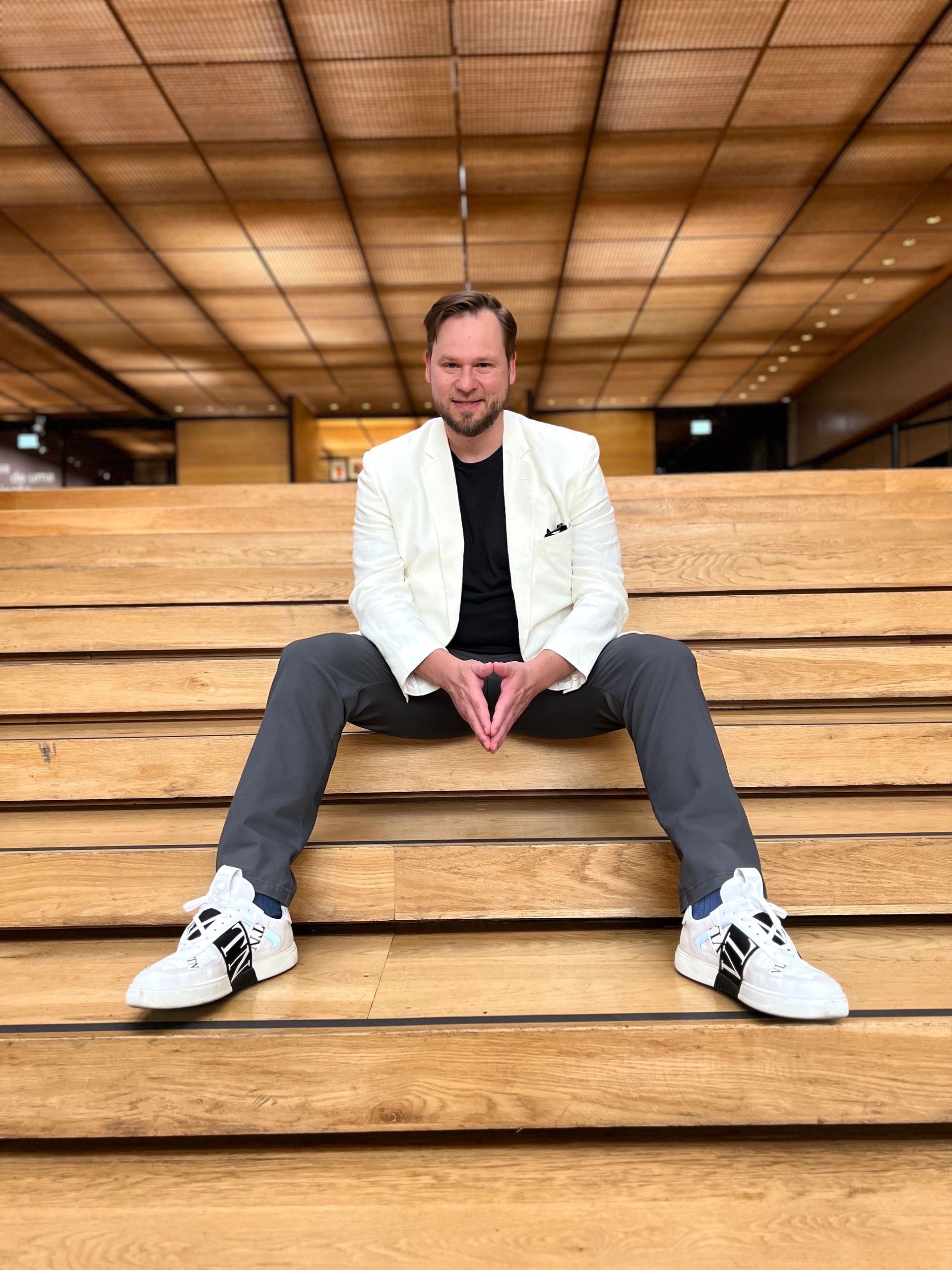
Green.org sat down with Robert John, the CEO of TerraForm, to learn how he is on a mission to solving the most challenging ESG problems in supply chains.
Tell us a little bit about your background.
I was born in 1980 in West Berlin to Finnish parents. Severe asthma and bronchitis from birth didn’t go well with bad air pollution, so my parents decided to move to a small town in Finland just before the Berlin Wall came down. Over the next decade I would become living testimony to the power of epi-genetics as the environmental change indeed led to a full recovery of my health.
This experience put me on a projector where I wanted to help other people influence their indoor environment quality so I became very successful in selling technologies that did just that. Furthermore, I was obsessed about understanding the interconnectedness of the stuff we humans produce and what the impact of it all was to human and planetary health. Later I worked with scientists and software development teams to measure impact on a number of supply chain type equations. Many years later I am still on the same path now helping large scale organisations to solve the even most challenging ESG problems in supply chains.
What would you do with $1 billion dollars?
Apart from setting up generational wealth generating investments with 50% of the money, I would spend 10% on my family as well as myself buying everyone their dream homes, travels, cars and everything one could possibly need. Health and especially preventative health would be a big part of this portion of the investment as well. I believe in luxury when the things in question retain their value and you’d have to be healthy to enjoy any kind of luxury to begin with. I reserve 10% of this imaginary money for completely unplanned things. The rest (30%) I would want to use in investing in already successful companies where I believe sustainability technologies would bring them to the next level and also set up new companies as I have a whole folder of revolutionary ideas – mainly for the built environment. For one I would implement our large scale FaaS platform solution specifically designed for the property industry which would enable not just sustainable buildings, but toxic and emission free ones – simultaneously revolutionising how buildings and their materials are planned and sourced, and how value is shared.
Why do you think sustainability is such an important topic today?
Sustainability for me means overall impact. It’s been a good while since the stat of the industrial revolution and back then quick expansion was priority. I believe that in every industry world wide, it’s not a great value to uphold any more and we need something else than extreme profit and scalability to guide our decision making processes. The more powerful our technologies become, the more careful and slower (read more conscious) we should actually be in implementing these things that could make irreversible changes to life as we know it on Earth.
What do you envision your industry looking like in ten years?
I tend to envision a Star Trek like reality where certain technologies have settled so to speak and it’s more about fine tuning and ethics than large scale, quick pace money grabbing. I lean towards believing that there must be a major wake up call or event caused by “the old guard” that might manifest in large scale war, acts of god or something unheard of all together that will shake us to our core but we will be alright in the end.